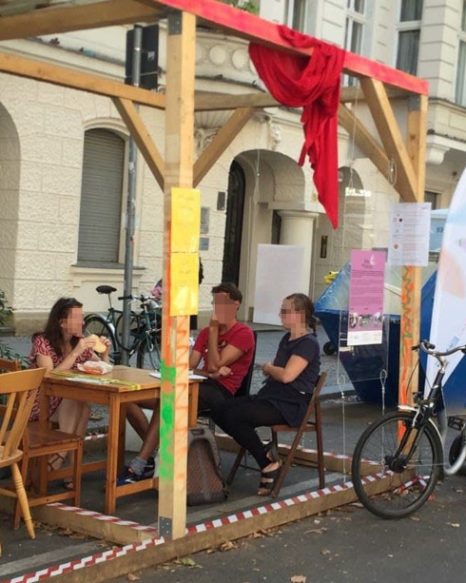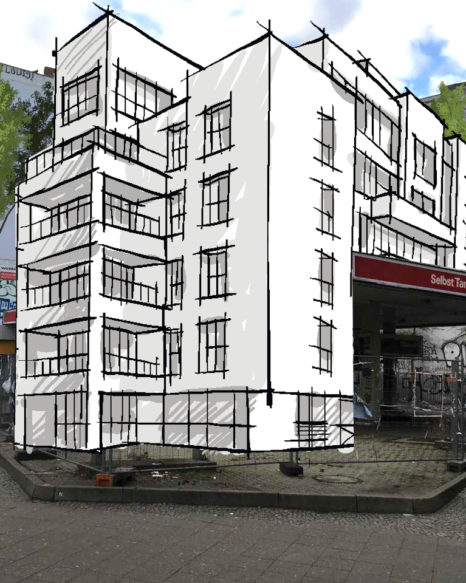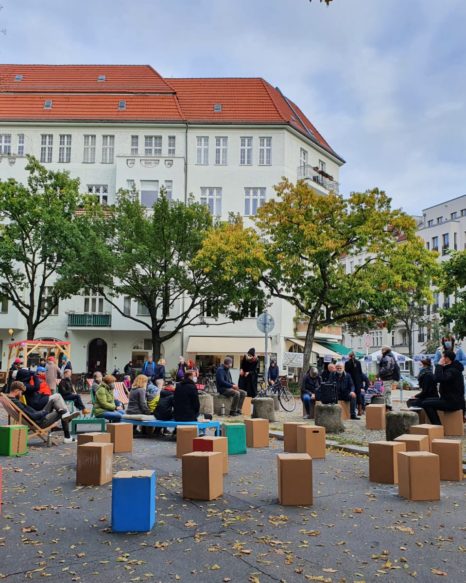The role of media discourse in the transport transition

Although the absolute number of traffic fatalities has declined, the number of cyclists killed remains relatively constant and has even increased again recently, with 18 deaths in Berlin in 2020.
This research project examines the discourse on people killed in traffic accidents against the backdrop of the development and adoption of the Berlin Mobility Act.
According to Hajer, a discourse coalition comprises "(...) the ensemble of a set of story lines, the actors who express these story lines and the practices to which these story lines correspond" (Hajer 2004). Which actors form a discourse coalition? What story lines connect them? In which practices - for example, in the vigils for killed cyclists initiated by Changing Cities e.V. (Berlin) - is the discourse produced, reproduced and transformed? Who participates in the discourse, possibly also through silence?
The concept of institutional work (Fuenfschilling und Truffer 2016) provides the theoretical basis for an argumentative discourse analysis (Hajer 2004). Media such as newspaper articles, journalistic commentaries, and observations of court proceedings will be analysed and reviewed, and the findings will be tested in expert interviews. It is assumed that in connection with the emergence of the Mobility Act, there has been a shift in the discourse about people killed in traffic.







